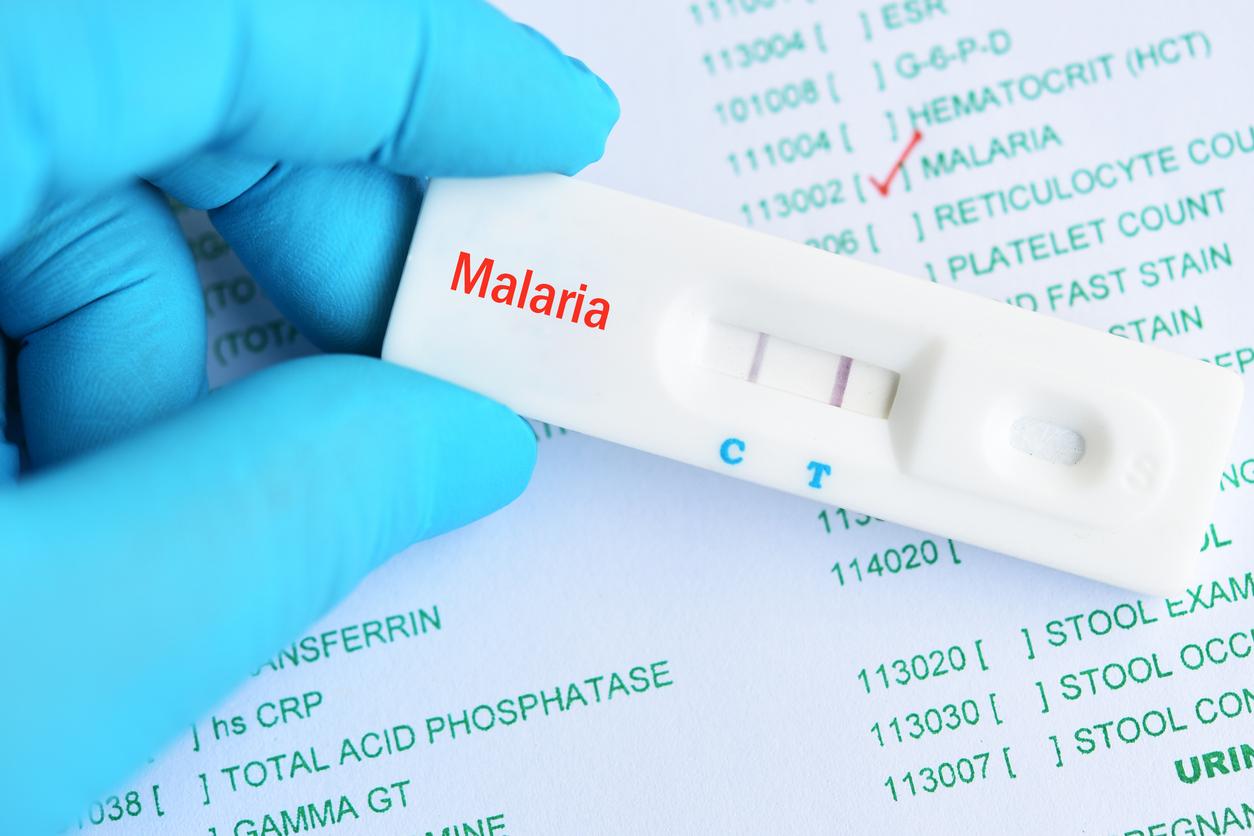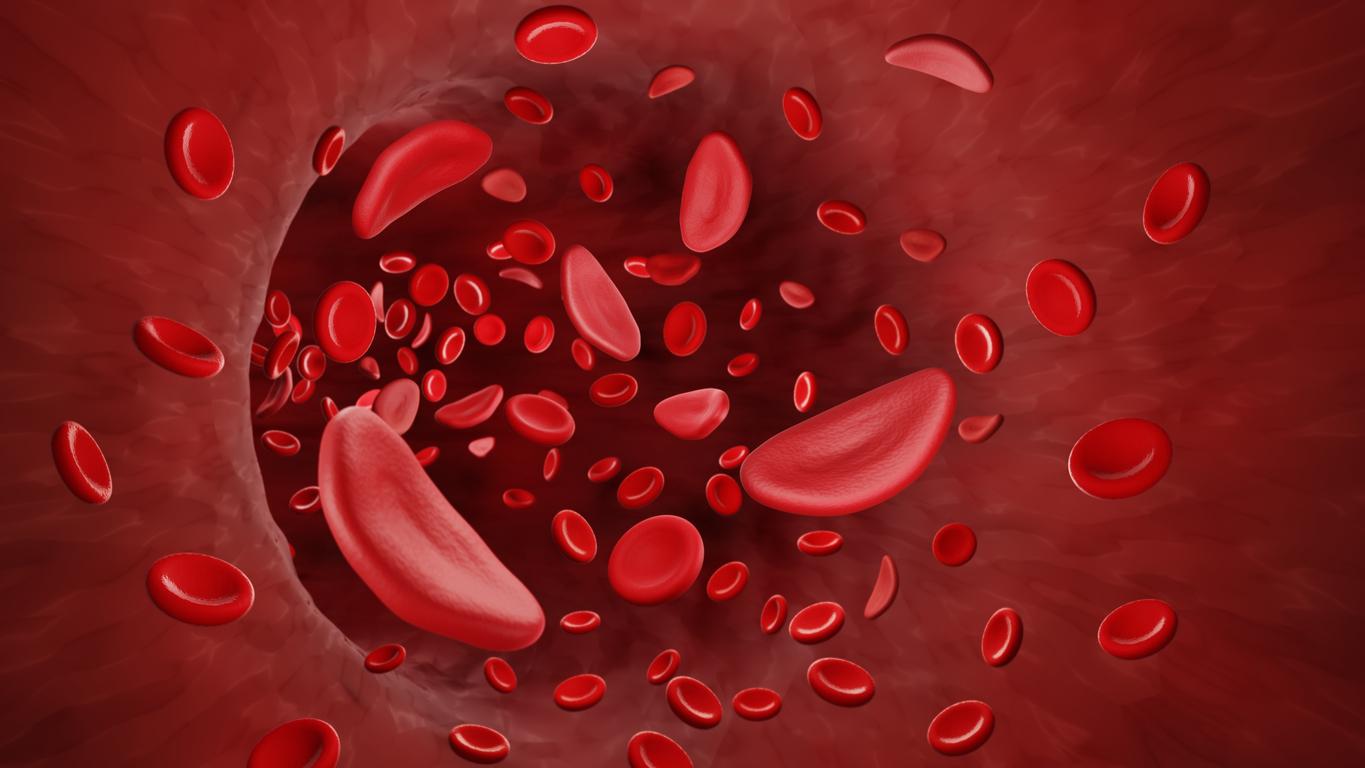
The pros and cons
This autumn, the population screening for colorectal cancer (particularly in the large intestine) among people over 55 will start. Like the periodic research into breast cancer and cervical cancer, which has existed for much longer, the research is free and participation is not mandatory. What are the pros and cons of participating?
Cancer in the colon usually starts as a polyp: a bulge on the inside of the colon. Most polyps are benign and will remain so. But there are also polyps that develop into colon cancer. If someone has polyps in the colon, they often release some blood. Blood in the stool is therefore an important signal. About one in five people over the age of 55 will develop polyps in the colon. But that’s not the point. It’s about whether they become evil.
Blood in stool
The principle of the bowel cancer screening is simple: track down the over-55s who have blood in their stools, then check with a visual examination in the bowel whether they polyps or colon cancer, and remove the polyps or tumors.
Advantage for those who participate in the screening: the sooner it is discovered that something is wrong, the greater the chance of successful treatment. Disadvantage: The polyps that are removed may well remain benign and the removal is not entirely without risk. Many people find a colonoscopy rather unpleasant, but it can do little harm. However, it is not entirely without risks. In some cases, the intestine is accidentally punctured, and very occasionally this leads to complications.
The first invitations to the population screening will be sent out in September. The screening is for everyone aged 55 to 75 years. In 2013, people who were born in 1938 or 1948 are invited.
Deaths
Every year in our country about 2900 people between the ages of 55 and 80 die from colon cancer. The government estimates based on a trial that approximately 60 percent of all over-55s will participate in the screening. According to Minister Edith Schippers of Public Health, the population screening will eventually prevent about 2400 deaths each year. It therefore expects much more from the screening than the Health Council, the minister’s scientific advisory body. According to the Health Council, 1,400 deaths will be prevented, or about half. Other calculations come to 700 (or even less).
No guarantee
The population screening does not offer a guarantee against colorectal cancer. There is also no guarantee of survival thanks to the screening. There are not many figures, but it is by no means the case that people who are diagnosed with a tumor during screening can always be saved. And if you don’t participate? Suppose you get colon cancer, then it is not said that the cancer would have been traced if you had participated.
Do the advantages of the population screening outweigh the disadvantages? The minister, and with her many gastrointestinal and liver doctors, are convinced of this. Half of the general practitioners are in favor of the program. No survey was conducted among the population.
The older, the higher the risk of colon cancer
The risk of colorectal cancer increases with age. At least 90 percent of the patients are older than 55 years, according to the Maag Lever Bowel Foundation.
Finally, a summary of the pros and cons:
Advantages
• The risk of dying from bowel cancer is slightly smaller as a result of the population screening.
• Treatment of colorectal cancer (chemotherapy, radiation) is tough: the sick and death bed no less. If, thanks to the screening, polyps in the colon are discovered and they are removed, much suffering can be avoided.
• Who a colonoscopy can be fairly certain that they will not develop colon cancer for the next ten years.
• The population screening saves considerable costs. The treatment of colorectal cancer in the Netherlands costs 260 million euros per year and is becoming increasingly expensive.
Cons
• A reassuring result is no guarantee that all is well. Caution is still advised.
• The population screening is a significant drain on the capacity of hospitals.
• If blood is found in the stool, an intestinal examination (coloscopy) will follow. In half of the people it turns out that it was a false alarm. That can cause a lot of stress. Moreover, such a bowel examination is not without risks; something can go wrong.
• Not every colorectal cancer found in the population screening saves a life. There are also tumors that grow so slowly that they never become fatal.
Sources):
- Plus Magazine

















